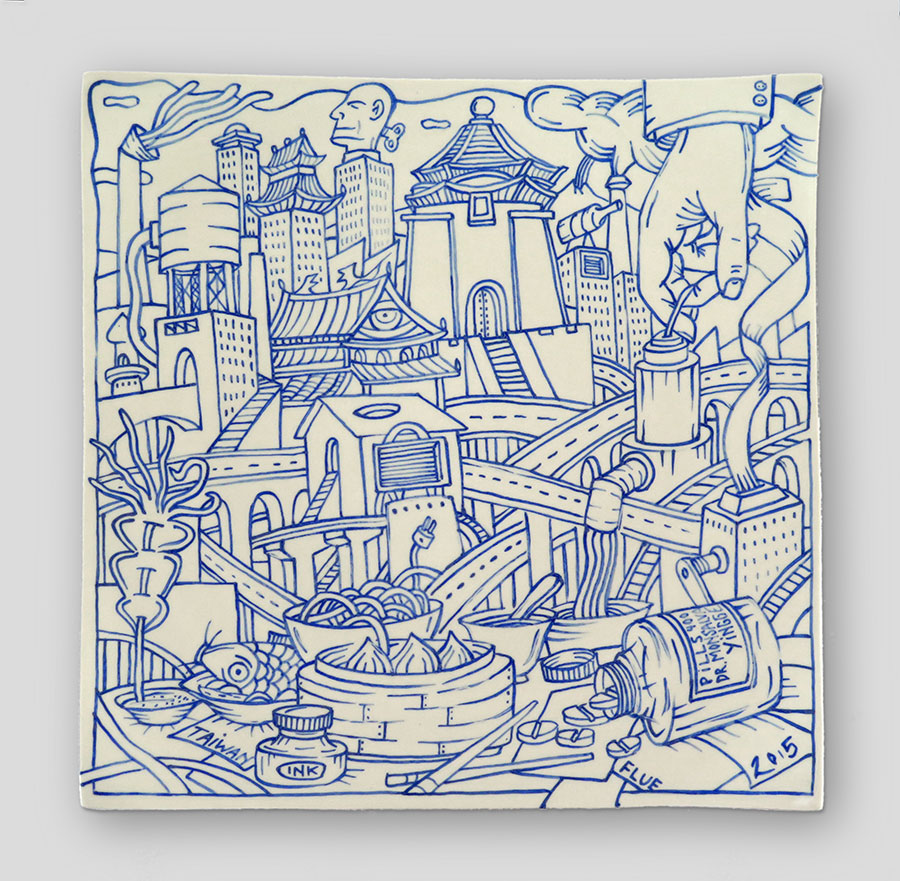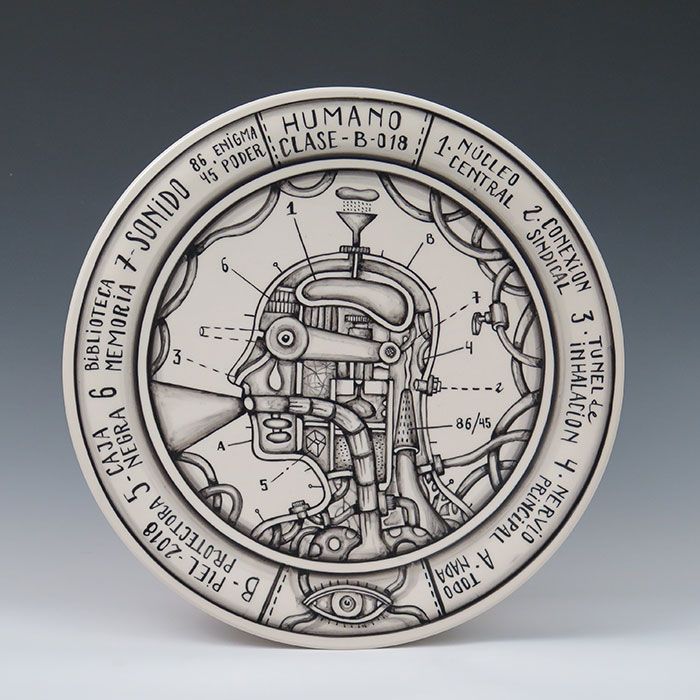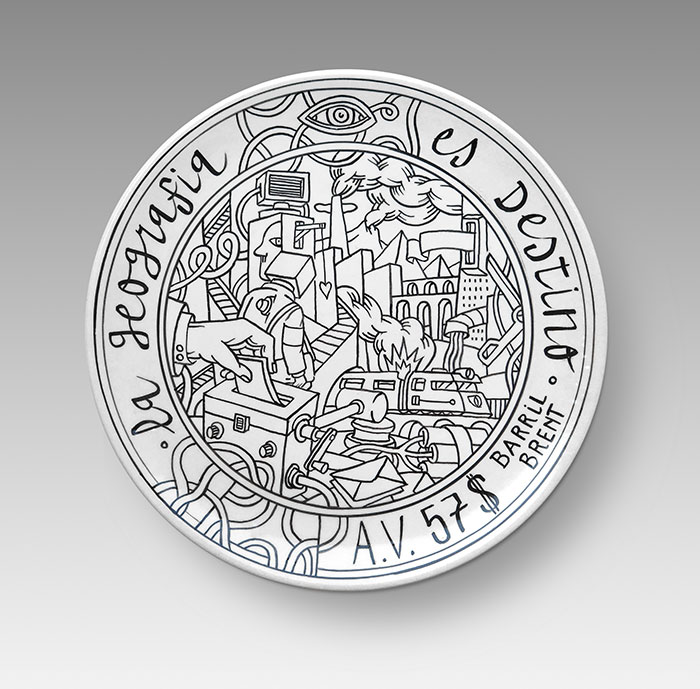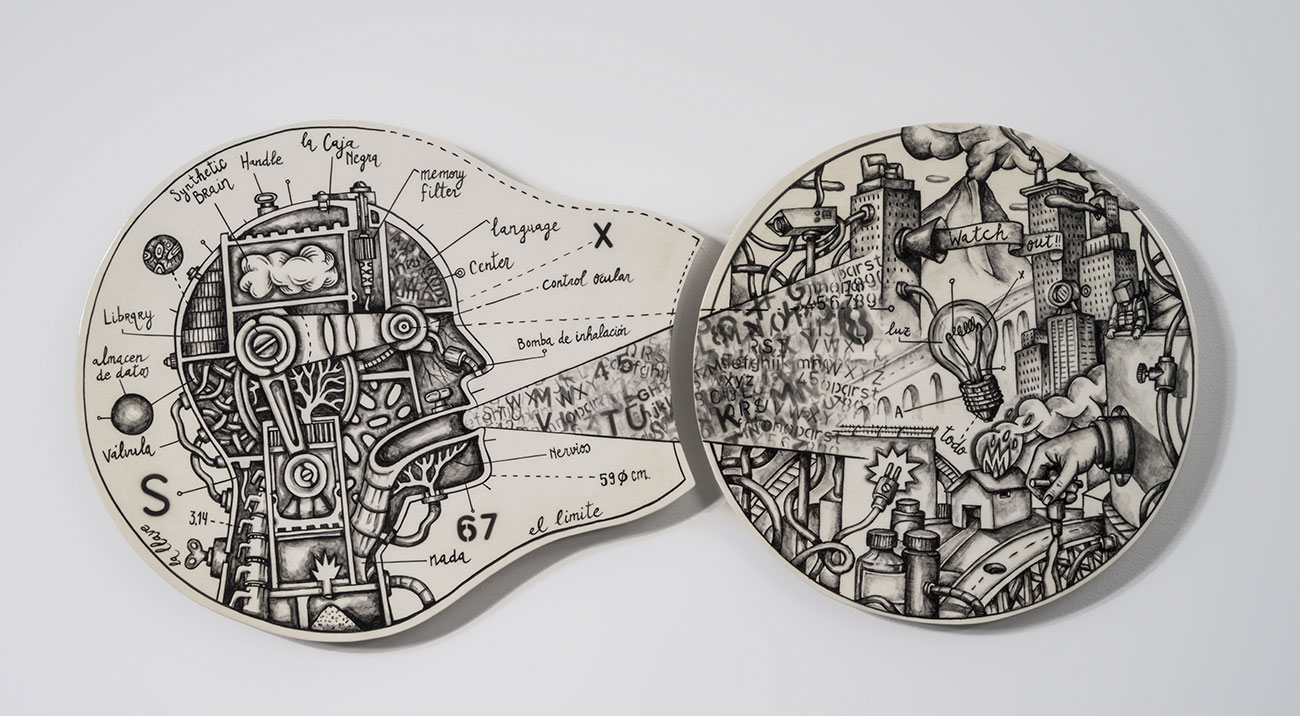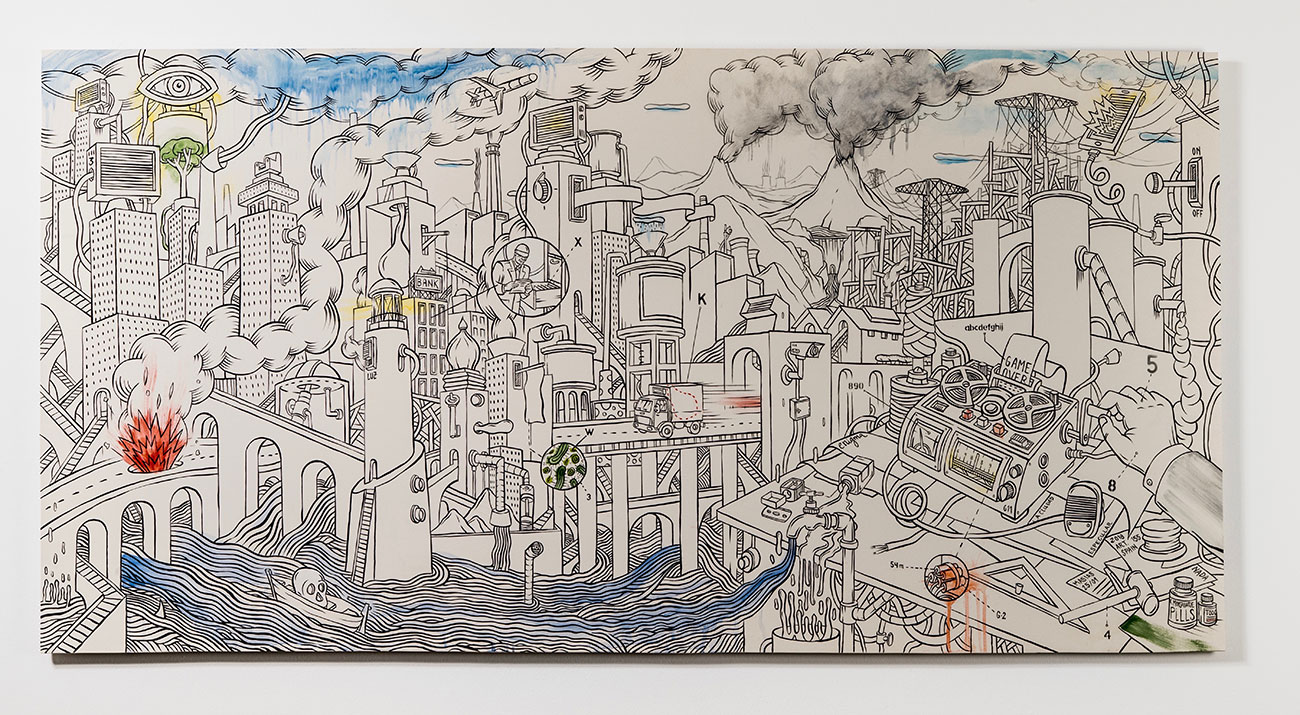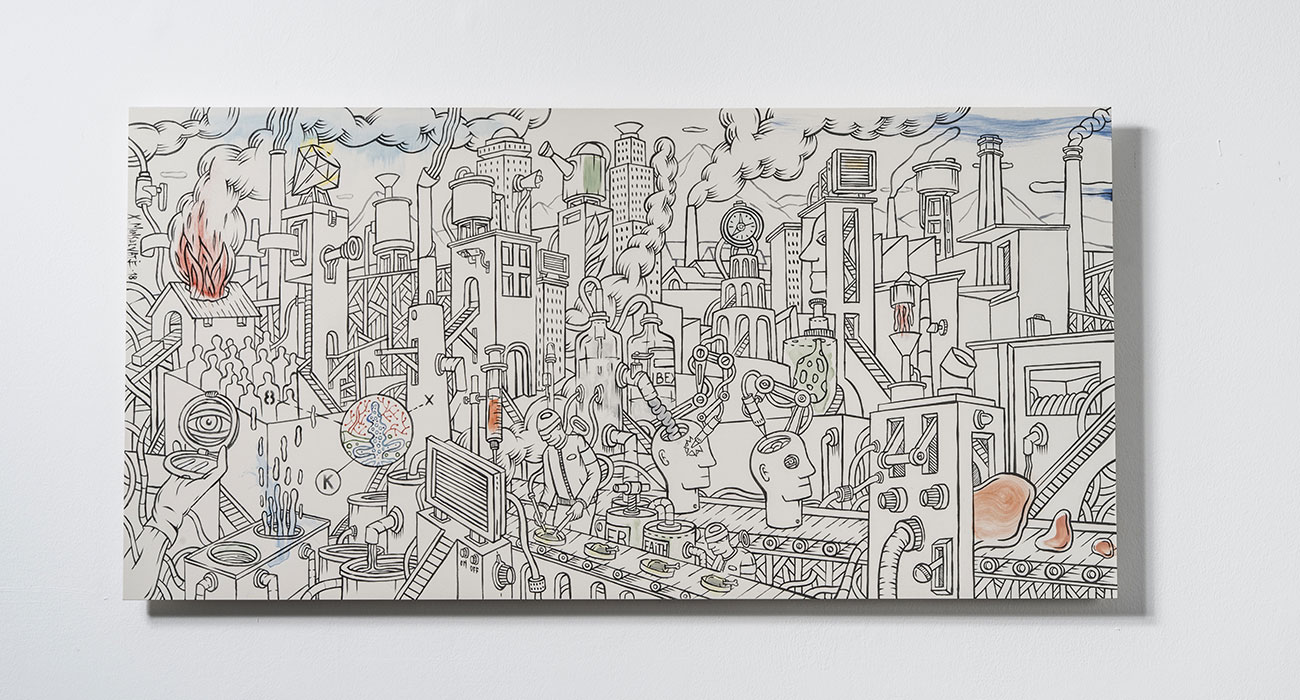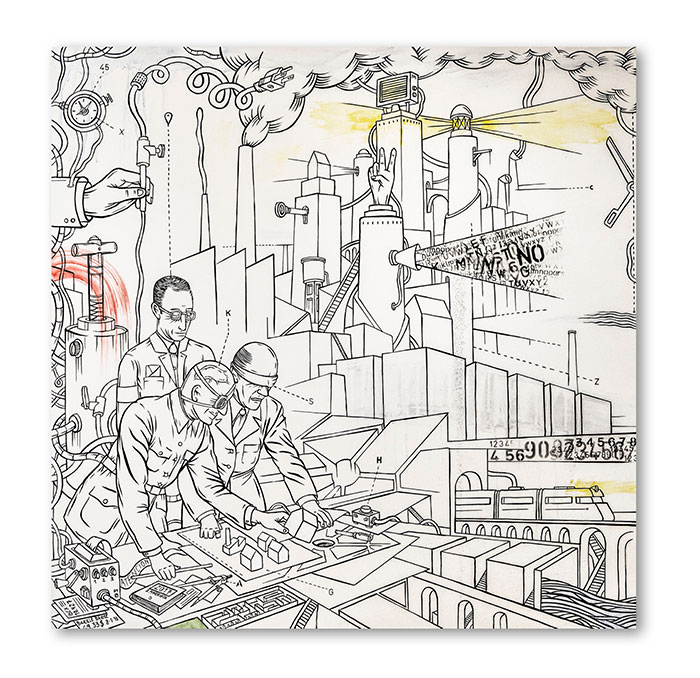Specular city
“Then, the multiplication of the cities stopped. Cities were not built for a growing class of small artisans and merchants, the city ceased to be a means to achieve freedom and security. It was rather a means to consolidate political power in a single center directly under the supervision of the king and to prevent any contempt of the central authority from distant places, that for that exact same reason were difficult to govern. The era of free cities, with its vastly spread culture and its relatively democratic forms of association, gave way to an era of absolute cities, centers that grew without any order and left other cities to choose between accepting stagnation or to imitate, without compensation, the all-powerful capital”.
Lewis Mumford
“The Culture of Cities”
“A city is like the sun. All is light in its nucleus, intensely concentrated. The light is blinding, misguiding, it prevents the roads, the houses from being found; once inside it is not possible to come out. In another ring, larger than the former, one still experiments a certain narrowness, but the light no longer radiates uninterrupted, there are dark alleys, hidden passages, even small places that will remain fresh and in twilight; then one finds a much larger ring, here the light is so disperse that it must be searched for. Large urban extensions remain in this area, looking cold and grey”.
Frank Kafka
“The Zürau Aphorisms 1917”
La Ciudad Especular, signos, superposiciones e interferencias, en los paisajes urbanos, paisaje seducido por un característico lenguaje gráfico envuelto en un universo artificial, que sin embargo narra la realidad contemporánea de las ciudades, cuya democracia está inmersa en una sociedad constituida por grupos de poder que manipulan la
conciencia general de sus ciudadanos. Las urbes aparecen cercadas por un horizonte claustrofóbico, que conforman un conjunto de ciudades imaginarias, fuera del espacio y del tiempo y que a través de los signos nos describe la ciudad imperfecta e inacabada.
Una narración a través de un proceso cerámico meticuloso, donde Monsalvatje aúna una vez más en su trabajo un desarrollo entre arte e industria un binomio que todavía resulta inusual.



